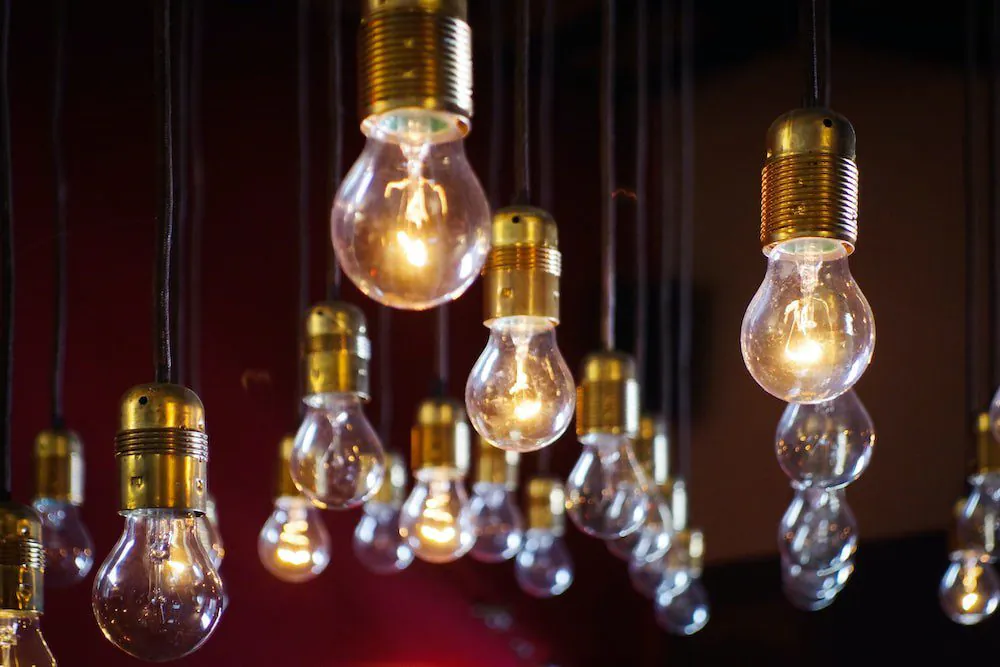

Photo by Diz Play on Unsplash
Dr. Omar Farouk Ibrahim, Secretary-General of the African Petroleum Producers Organisation (APPO), has called for a radical reorientation of Africa’s energy policies, stressing that universal access to electricity must become a non-negotiable priority to drive continental development.
Speaking at the 2024 Africa Sustainable Energy Dialogue, he dismissed poverty as the root cause of the continent’s energy crisis, instead blaming systemic leadership failures and misplaced priorities.
“If we commit to making energy accessible to our people, for homes, for industries, everything else will follow,” Dr. Ibrahim declared during the virtual event organized by the Africa Sustainable Energy Center (ASEC). The dialogue, themed “Bridging Africa’s Energy Access Gap: Challenges, Innovations and Path Forward,” convened experts who critiqued Africa’s reliance on exporting 75% of its oil and 45% of its gas while 600 million citizens lack electricity. “The real beneficiaries are not the masses but the elite,” he asserted.
Dr. Alfred Ofosu Ahenkorah, former Executive Secretary of Ghana’s Energy Commission, underscored the role of political commitment, citing Ghana’s leap from 19% electricity access in 1989 to over 87% today. “Access to energy is a matter of leadership. No individual electrifies a country. Government must lead the charge,” he stated.
Panelists dissected structural barriers, from colonial-era infrastructure designed to extract resources rather than serve populations to modern-day corruption and underfunding. Monique Motty of the African Development Bank noted, “We’re navigating systems that weren’t built for us,” while Professor Abubakar Sambo, a former Nigerian presidential energy adviser, described a “complex web” of aging grids, mismanaged subsidies, and policy inertia.
Kweku Andoh Awotwi, Board Chairman of United Bank for Africa-Ghana, highlighted flawed financing models: “Electricity is seen as a social good without sustainability, leading to grid failures.” He criticized the lag in adopting affordable solar solutions due to financially unstable power sectors.
The dialogue concluded with a consensus: technical solutions exist, but political courage is lacking. Participants urged governments to prioritize decentralized renewables, reframe energy access as a fundamental right, and invest in policies centered on public welfare over elite interests.
